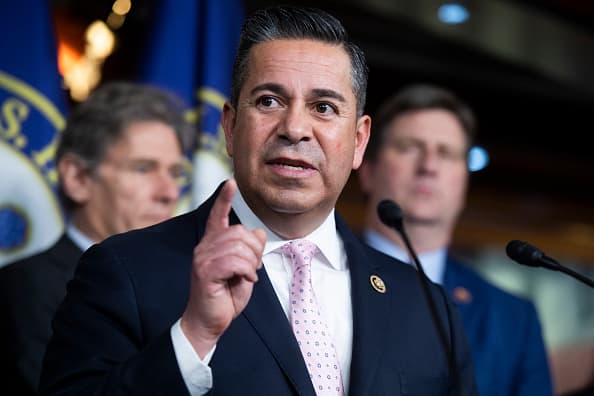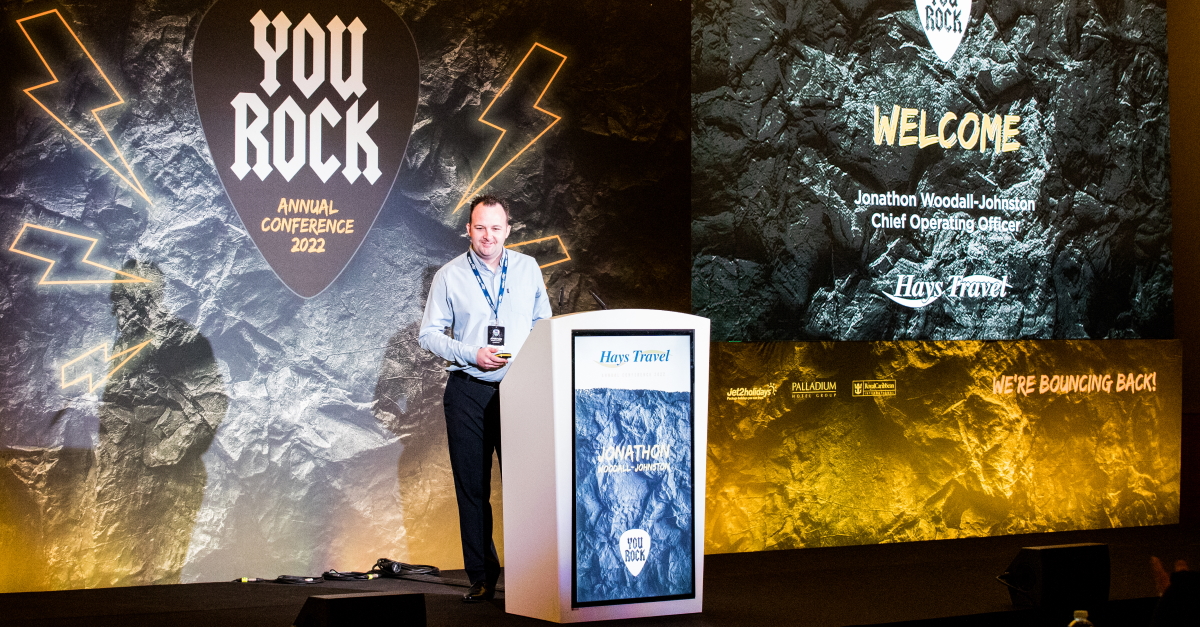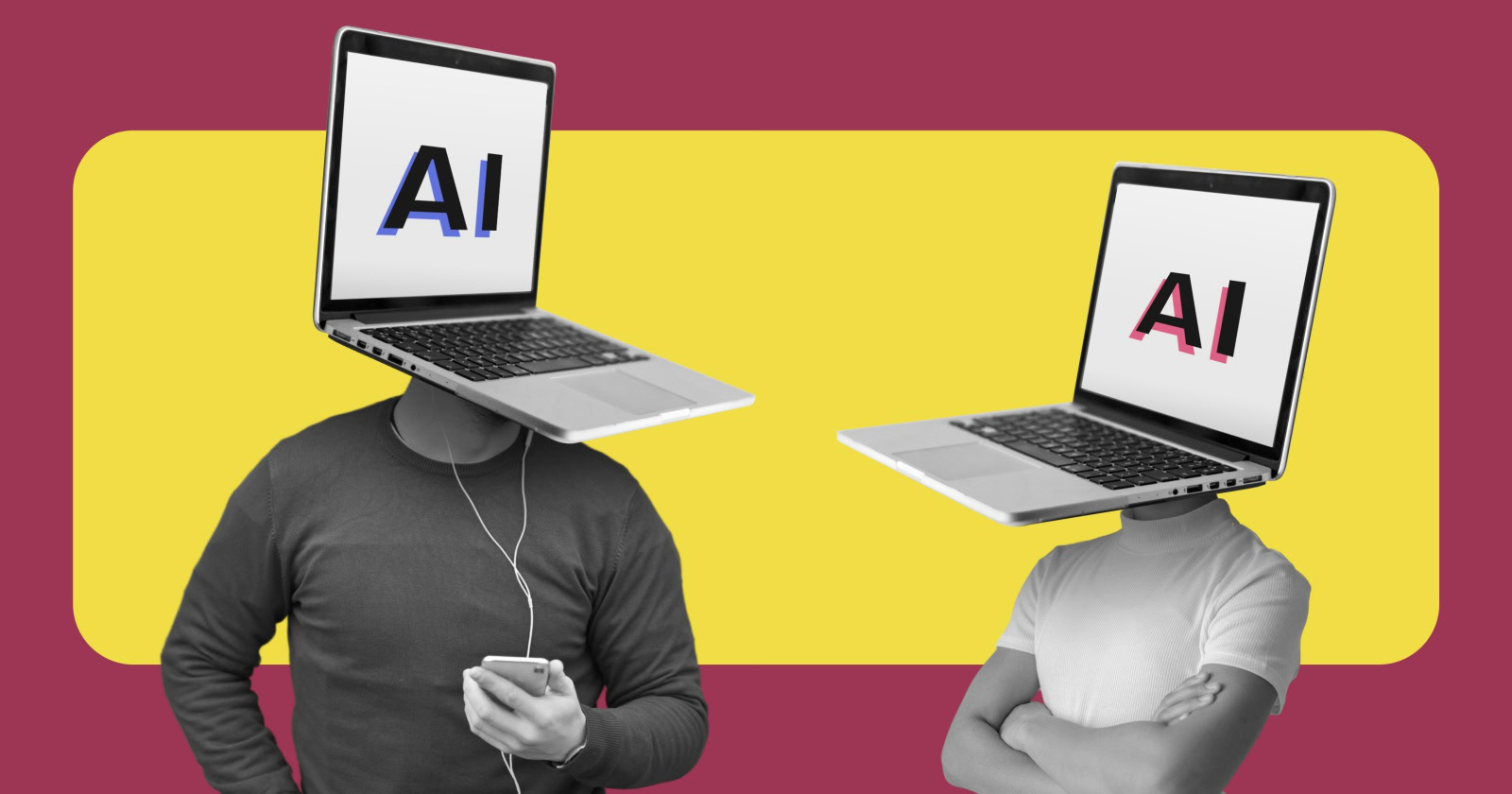This 33-year-old raised $40 million to give rural farmers solar power and help fight climate change
In 2012 Samir Ibrahim and Charles Nichols launched SunCulture, a start-up that helps farmers grow food without relying on rainfall by using solar power instead.

Samir Ibrahim didn't have a singular "aha" moment that led him to his multimillion-dollar business and a crusade to fight climate change 8,000 miles from his home in Orlando.
It's been 10 years since Ibrahim and his co-founder Charles Nichols launched SunCulture, a start-up headquartered in Nairobi, Kenya that helps farmers grow food without relying on rainfall by using solar-powered irrigation systems instead.
SunCulture was born out of conversations Ibrahim and Nichols had about the growing threat of climate change while they were college students at New York University and Baruch College, respectively. After learning more about the rising popularity of off-grid solar technology, they decided to build a solar power system that could help small farmers.
"We learned that climate change is creating more food insecurity across the world, and one of the largest groups of people living in poverty is smallholder farmers," Ibrahim tells CNBC Make It. "Climate change is making the rain more unpredictable and unreliable, so farmers are losing crops all the time."
He continues: "We also realized that if smaller farms weren't growing enough crops, we wouldn't have enough food to feed the world in the next few decades – so we started to think about how to solve that problem."
Launching SunCulture
They decided to craft their business plan around sub-Saharan Africa, which has a large portion of the world's unused farmable land, and where about 60% of the population are smallholder farmers, according to McKinsey & Company. While there's sufficient groundwater to power these operations, most farmers don't have the economic resources to pump it, Ibrahim says.
Ibrahim and Nichols submitted their idea to a business plan-competition at NYU and came in second place – by the end of 2012, they booked one-way tickets to Kenya to make SunCulture a reality.
Ibrahim and Nichols chose Kenya because they had family and friends in the region. Their small apartment in Nairobi doubled as a "warehouse, home and office," Ibrahim says.
To start, the pair used about $5,000 of their personal money to research and develop their solar irrigation system, then borrowed an additional $200,000 from friends and family to build more prototypes – a loan that they stretched to sustain SunCulture for about two and a half years.
By 2018, SunCulture had raised over $4 million from the United States Agency for International Development (USAID), the EDF Group and other high-profile investors. Nichols left SunCulture last year to join Celo, a blockchain start-up in San Francisco, while Ibrahim has stayed on as CEO. As of April, SunCulture has raised about $40 million, raising about $26 million between 2020 and 2021 alone.
How solar irrigation works
While SunCulture has made minor tweaks to its solar irrigation system throughout the years, its basic structure has remained the same: A solar panel is installed on the roof of a farmer's house and connected to a battery inside the house – that battery is plugged into a water pump, which moves water into a farmer's irrigation system that can cover up to 3 acres.
On a sunny day, a farmer should have enough power in the battery to run their water pump for about eight hours, run the lights in their house at night, watch TV and charge multiple devices.
Diesel and petrol pumps are the "go-to sources" to power small, older farms in Africa, Ibrahim says. Such pumps emit carbon dioxide, and the fuel costs for one pump, which needs to be replaced every month, ranges from $40-$80 per acre (the average farm in sub-Saharan Africa is 2-3 acres, according to the UN). SunCulture's irrigation system, however, is designed to last at least three years, and costs $1,200. Farmers can choose to pay $40 per month for 30 months until the pump is paid off.
According to the United Nations, solar power produces no emissions during generation itself, and research shows that it has a significantly smaller carbon footprint than fossil fuels.
How SunCulture is helping fight climate change
Between 2017 and 2021, SunCulture reports that it has prevented more than 67 million liters of diesel and petrol from being used – and over the next seven years, Ibrahim estimates the business will help reduce over three million tons of carbon dioxide from being released in the atmosphere.
SunCulture is the largest solar pump distributor in Sub-Saharan Africa, a new report from GOGLA, the global association for the off-grid solar energy industry, shows.
While Ibrahim would not disclose the exact number of customers SunCulture has worked with, he says the company has helped "tens of thousands" of farmers at this point.
Thanks to SunCulture's success in Kenya, the business has recently expanded to other African countries including Ethiopia, Uganda and Togo.
"There's certainly a heightened demand and appetite for investments in businesses fighting climate change right now," Ibrahim says. "I think people seeing the increased number of wildfires, hurricanes and other natural disasters happening has just made the problem more alarming to people … it's starting to hit closer to home."
And climate change isn't the only problem Ibrahim is hoping SunCulture can help address. "Solving the production and increasing the yield problem for smallholder farmers means solving food insecurity around the world," he says.
'There are a lot of challenges with this work'
Ibrahim recognizes that SunCulture is selling a "relatively expensive product" to people who have little disposable income, and that other countries provide cheap (or free) renewable energy sources to their citizens.
As a result, SunCulture has had to be nimble in figuring out how to make its products more affordable, such as by introducing its monthly payment plan.
Then there's the logistical difficulties of working in Kenya: When it rains, roads become badly flooded, and when there's power blackouts, SunCulture's technology infrastructure shuts down. "There are a lot of challenges with this work, but it's important," Ibrahim says.
The biggest hurdle for Ibrahim, however, has been more personal. "Dealing with my emotions, and feeling insecure about what I do has been the biggest, most rewarding obstacle I've faced," he says. "A lot of entrepreneurs look at their business as a mirror — it constantly reflects you, who you are and what you're feeling."
There's one moment from SunCulture's early days that has been a continuous source of inspiration for Ibrahim during tough work days.
"I always remember seeing the face of our first customer when she realized she wouldn't need to carry a bucket to get water, just press a button and watch water come out of the irrigation system," Ibrahim says. "Seeing someone's eyes light up after installation is magical – it keeps me going."
Check out:
These are the 6 fastest-growing green jobs of the next decade—and how much they pay
The 10 most in-demand green jobs right now—some pay over $100,000 a year
Sign up now: Get smarter about your money and career with our weekly newsletter

 JimMin
JimMin 
































